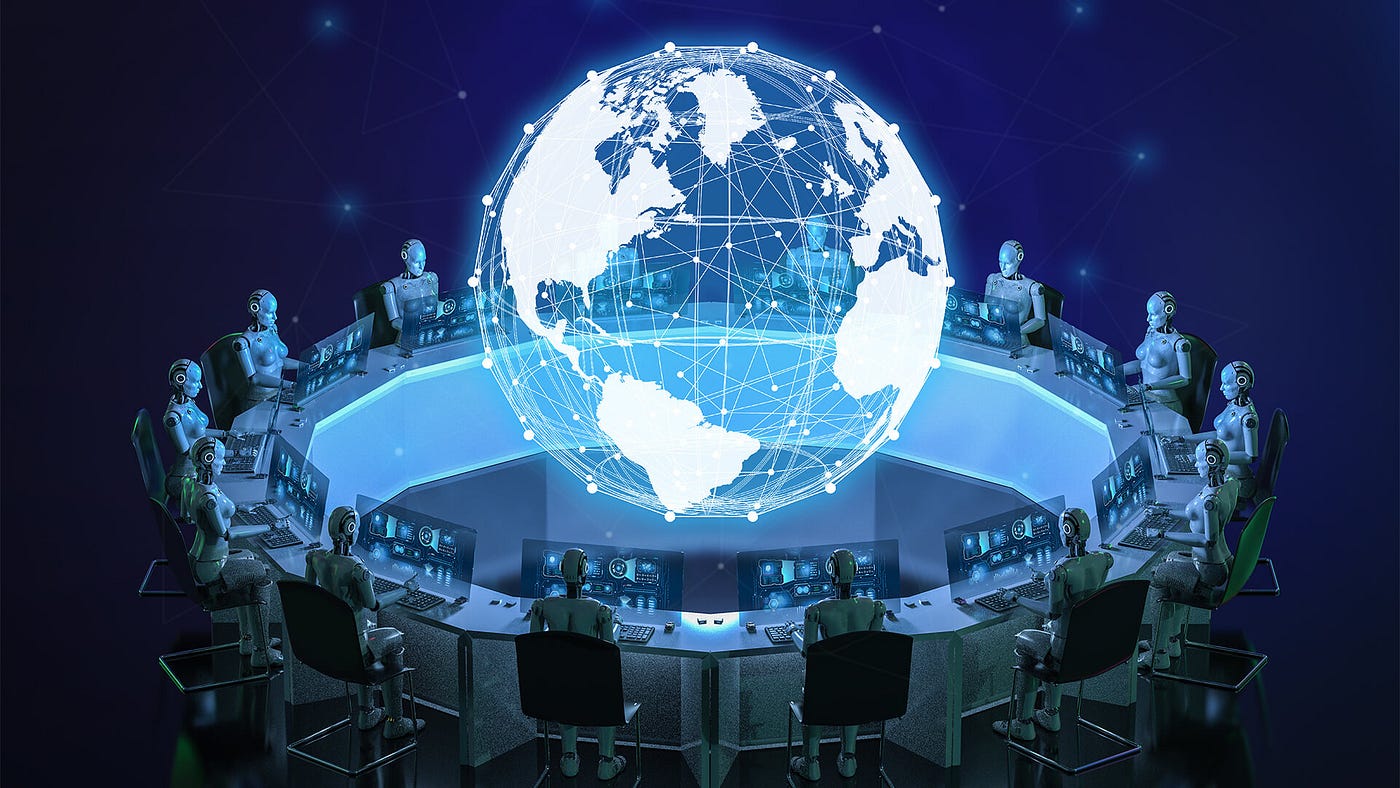Globalization has significantly influenced developing nations like Pakistan over the past few decades. The impacts of globalization on Pakistan are vast and complex, touching nearly every aspect of the economy, culture, and society. While it has opened doors for economic growth, innovation, and international cooperation, it has also exposed vulnerabilities in local industries and challenged traditional values.
Economic Growth and Foreign Investment
One of the most visible impacts of globalization on Pakistan is the increase in foreign direct investment (FDI). International companies view Pakistan as a strategic location, thanks to its large population and improving infrastructure. The China-Pakistan Economic Corridor (CPEC) is a prime example of how globalization has created new economic opportunities by linking Pakistan to global trade routes. FDI in sectors such as telecommunications, energy, and textiles has helped generate employment and improve GDP growth.
However, this dependency on foreign capital has its downsides. A significant portion of profits generated by multinational corporations flows out of the country, reducing the long-term benefits for Pakistan’s economy. Moreover, local businesses struggle to compete with international giants, which can lead to the decline of domestic industries.
Cultural Exchange and Western Influence
Globalization has brought a wave of cultural exchange, with Western values, fashion, and media becoming increasingly popular among Pakistani youth. The spread of English as a global language has improved communication and educational access. Platforms like Netflix, YouTube, and social media have reshaped the entertainment landscape, giving local artists international exposure.
However, this cultural openness has also raised concerns about the erosion of traditional values and religious norms. Critics argue that overexposure to Western media and lifestyle is affecting the moral and ethical fabric of society. Thus, while cultural globalization promotes diversity, it also risks diluting national identity.
Technology Transfer and Innovation
The impacts of globalization on Pakistan are clearly evident in the technology sector. With the rise of global tech giants and startups, Pakistan has seen a boom in digital innovation. Freelancing, e-commerce, and fintech have gained momentum, giving rise to a new generation of entrepreneurs. Government initiatives like “Digital Pakistan” are leveraging globalization to bridge the digital divide and improve public services.
Nevertheless, the rapid pace of technological change poses challenges in terms of cybersecurity, data protection, and unemployment due to automation. Pakistan needs to invest in skill development and education to fully benefit from these advancements.
Education and Human Capital Development
Globalization has allowed Pakistan to access international education systems, scholarship programs, and global research networks. Many Pakistani students now pursue higher studies abroad, bringing back global best practices in science, medicine, and engineering. This brain circulation contributes to national development when these students return and share their knowledge.
Yet, brain drain remains a major issue. A significant number of educated professionals migrate permanently in search of better job opportunities, leading to a shortage of skilled workers within the country.
Environmental and Social Challenges
As industries grow to meet international demand, Pakistan is facing increased environmental stress. Pollution, deforestation, and water scarcity are byproducts of industrialization driven by globalization. Additionally, growing income inequality between urban and rural areas is another pressing issue. While big cities thrive, remote regions are often left behind, deepening the social divide.
To tackle these issues, Pakistan must implement sustainable policies and inclusive development strategies that balance economic growth with environmental and social welfare.
Read More: Most Expensive Sector in Islamabad: Where Luxury Meets Prestige
The impacts of globalization on Pakistan are both promising and problematic. On one hand, globalization offers economic opportunities, cultural enrichment, and technological progress. On the other, it challenges local industries, social norms, and environmental sustainability. For Pakistan to truly benefit from globalization, policymakers must adopt a balanced approach that maximizes gains while minimizing risks.
Read More: New Tax Relief for Houses Up to 10 Marlas Announced









